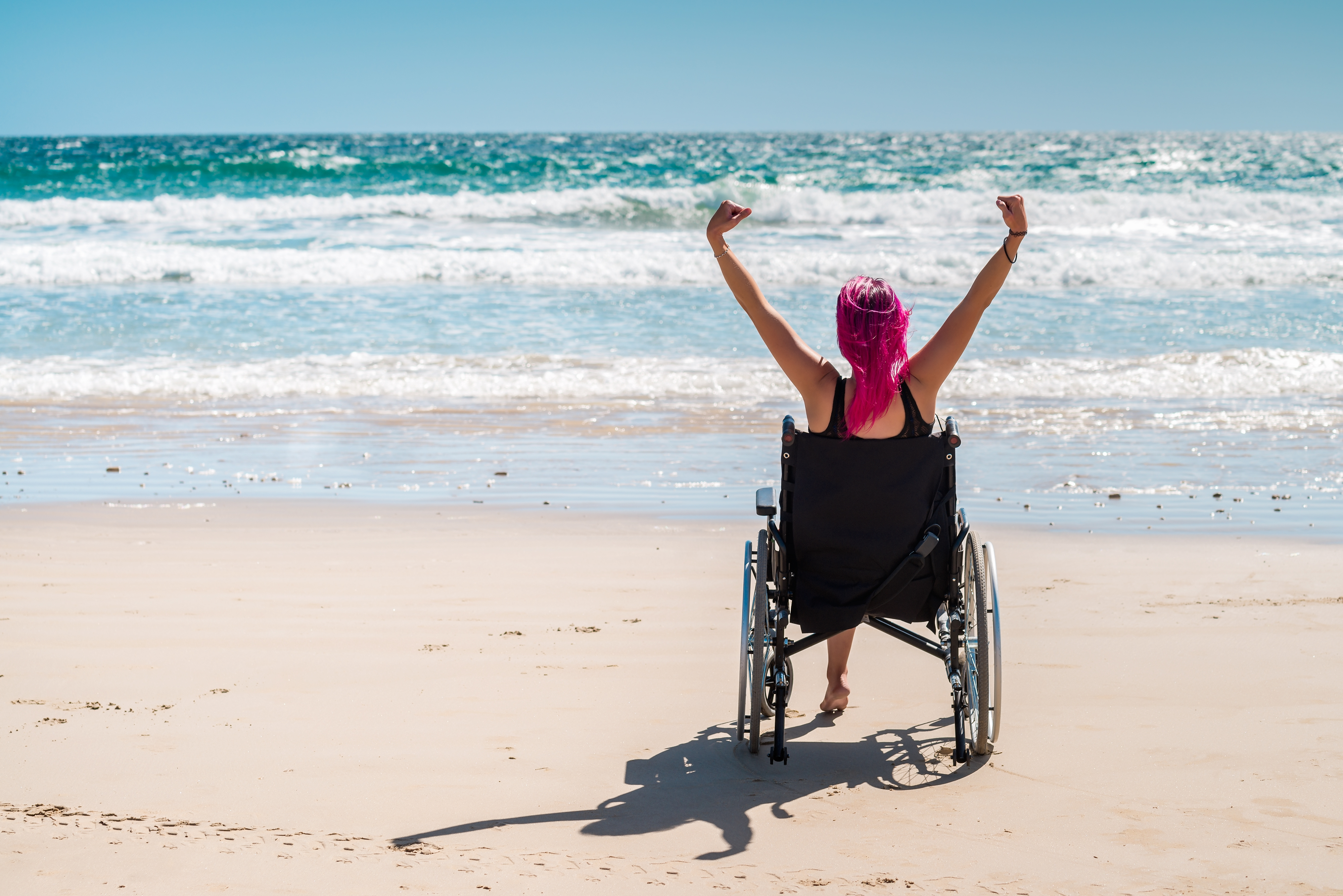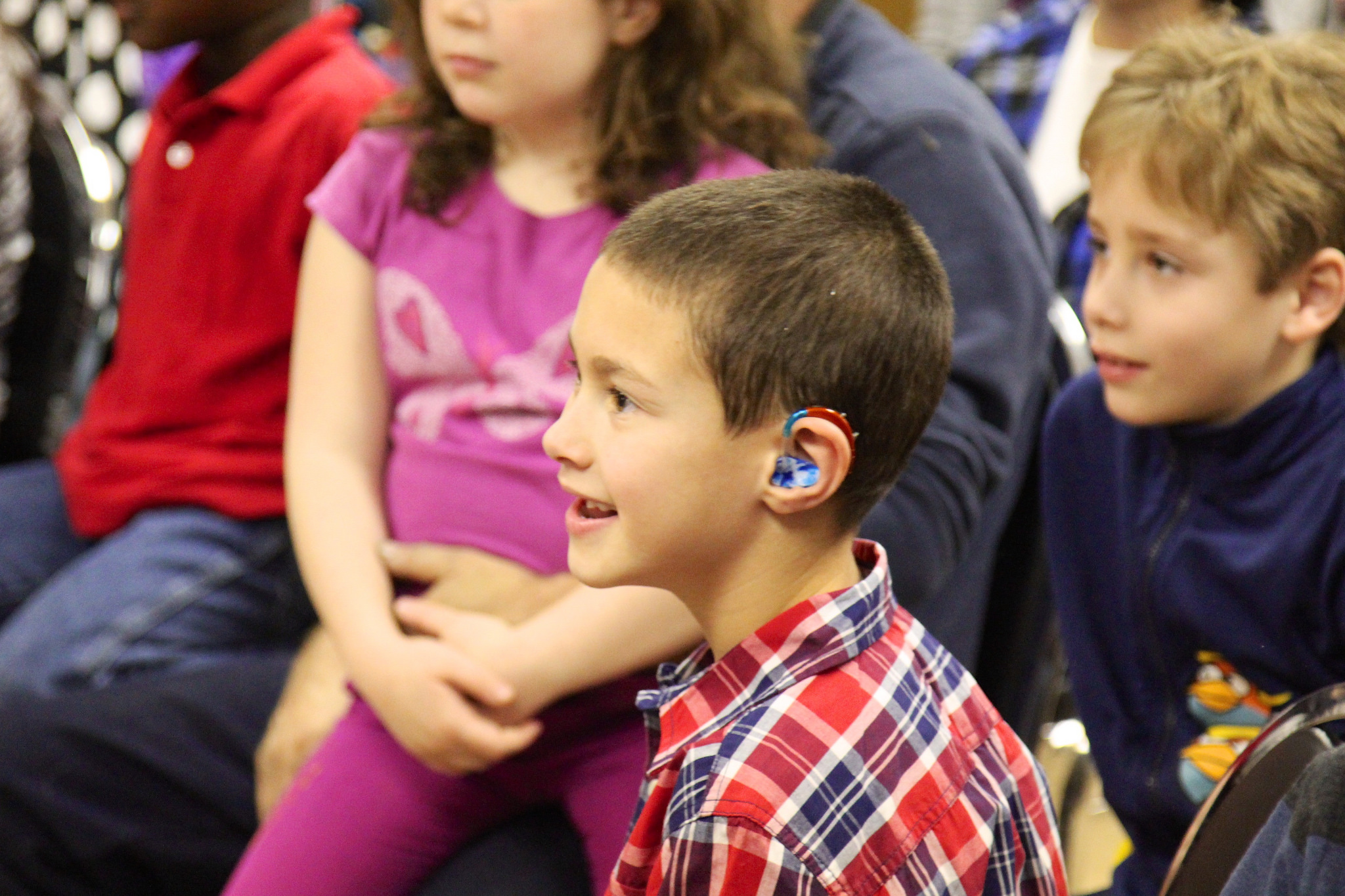
Politics & Society
Can the NDIS deliver?

Having a disability does not automatically equal poor health
Published 27 June 2017
People could be forgiven for thinking that the introduction of the $22 billion a year National Disability Insurance Scheme (NDIS) will solve all the problems around disability; at least when the NDIS’s ‘teething’ problems are ironed out.
But it won’t and it can’t.
When fully-implemented the NDIS will provide individualised funding support to about 460,000 of the four million Australians with disability. Participants can purchase the disability services and support that will assist them in achieving their goals. But while the NDIS might move us beyond the broken disability service system the Productivity Commission identified in 2011, it won’t eliminate disability-related disadvantage. The NDIS is a disability service system response, but transforming the bad deal people with disability live with ultimately depends on changing society.

When it comes to health, Australians with disability do poorly; even for health problems unrelated to their impairment. They have higher rates of diabetes and mental health problems. They are likelier to be obese, smoke and be physically inactive. Earlier this year a University of New South Wales study showed that among people with intellectual disability, 38 per cent of deaths were potentially avoidable compared to 17 per cent of people without an intellectual disability.
Disabled people also experience disadvantage in many other aspects of their lives. Disabled children without an intellectual impairment are less likely to finish school than their peers without disability. Australians with disability have one of the lowest rates of labour force participation in the OECD and one of the highest levels of relative poverty.

Politics & Society
Can the NDIS deliver?
Our analyses of the Australian Bureau of Statistics Personal Safety survey revealed women and men with disability suffered double the prevalence of physical and sexual violence, emotional abuse and harassment than their same-sex peers without disability. Many children and adolescents with disability are bullied by their peers. We have shown that in the UK, adults with disability are more likely to have been attacked and insulted, and are more likely to feel unsafe in public places. Australian adults with disability are less socially connected and have much lower levels of social support.
Even among people with disability there are stark differences. Across almost all socio-economic indicators, people with psychosocial and intellectual impairments fare worse. They have the lowest levels of employment, income, and social support, and are more likely to be precariously housed.
The good news is that poor health is not an inevitable consequence of disability; improvements in social and economic conditions like employment, housing and social participation could improve the health of disabled Australians. Such improvements would reduce health costs and offer value for money to society as a whole.
That’s where our new Centre of Research Excellence in Disability and Health, based at the University of Melbourne, comes in. Funded by the National Health and Medical Research Council, this world-first centre brings together academics from five universities: the University of Melbourne, the University of Sydney, Monash University, the University of New South Wales and RMIT University.
We will identify policies and strategies to improve the social and economic circumstances and health of people with disability while also offering value for money. We are training new PhD students and early career researchers and working with government and non-government organisations and peak bodies, including advocacy groups, to conduct this research.
Our new centre’s researchers are at the forefront of research on disability and health, taking a life course approach to optimising the wellbeing of people with disability, covering childhood, youth transitions, parenting and retirement.

Through the application of rigorous epidemiological and econometric methods, we have begun to examine how much socio-economic disadvantage makes the health and wellbeing of people with disability worse. We have shown how socio-economic disadvantage drives much of the inequalities in health we observe between people with and without disability.
Our research with disabled young people suggests they are tracking poorly relative to their peers in health and in social and economic wellbeing. The centre will vastly expand this program to find out which social and economic indicators have the biggest gaps between disabled and non-disabled Australians. We will track this over time and compare outcomes between different areas in Australia. This is made possible by improvements in Australia’s capacity to collect and use big data.

Politics & Society
Disabling ableism
We will also drill down to find out how to address particular social and economic issues. Taking employment as an example, our research shows that being employed markedly improves the health of disabled Australians. In fact, employment is more health promoting for Australians with disability than for those without. But, people with disability are more often in poor quality jobs where they have limited control over the work they do, have less security, and get paid less for the same work. Our new research is looking at what types of policies and interventions deliver the best employment outcomes for Australians with disability and quantifying the health benefits. We will then work out the most cost-effective interventions to support better employment outcomes for people with disabilities.
Our research also demonstrates that if someone acquiries a disability as an adult their socio-economic circumstances at the time makes a big difference to their future health. Social support, financial security and access to affordable housing at the time a person acquires a disability reduces their risk of deteriorating mental health. We will examine how different policies might encourage better outcomes for everyone who acquires a disability, regardless of income, and which policies are most cost-effective.
But we also need to take a society-wide perspective. As the recent controversy about inclusive education has revealed, the attitudes of ordinary Australians matters. The attitudes of employers, work-colleagues and the community more generally prevent people with disability getting meaningful jobs in which they prosper. So, we need to think about ways to change societal attitudes for the better.
The Centre has an ambitious agenda. In five years’ time, we will have been successful if we have contributed to better policy decisions, built research capacity, and played a part in enabling improvements in the health and social and economic circumstance of people with disability.
Professor Anne Kavanagh is from the Melbourne School of Population and Global Health and is Lead Investigator and Co-Director of the Centre of Research Excellence in Disability and Health. The Centre will be launched on Tuesday 27th of June by Disability Discrimination Commissioner Alastair McEwin.
Banner image: Shutterstock